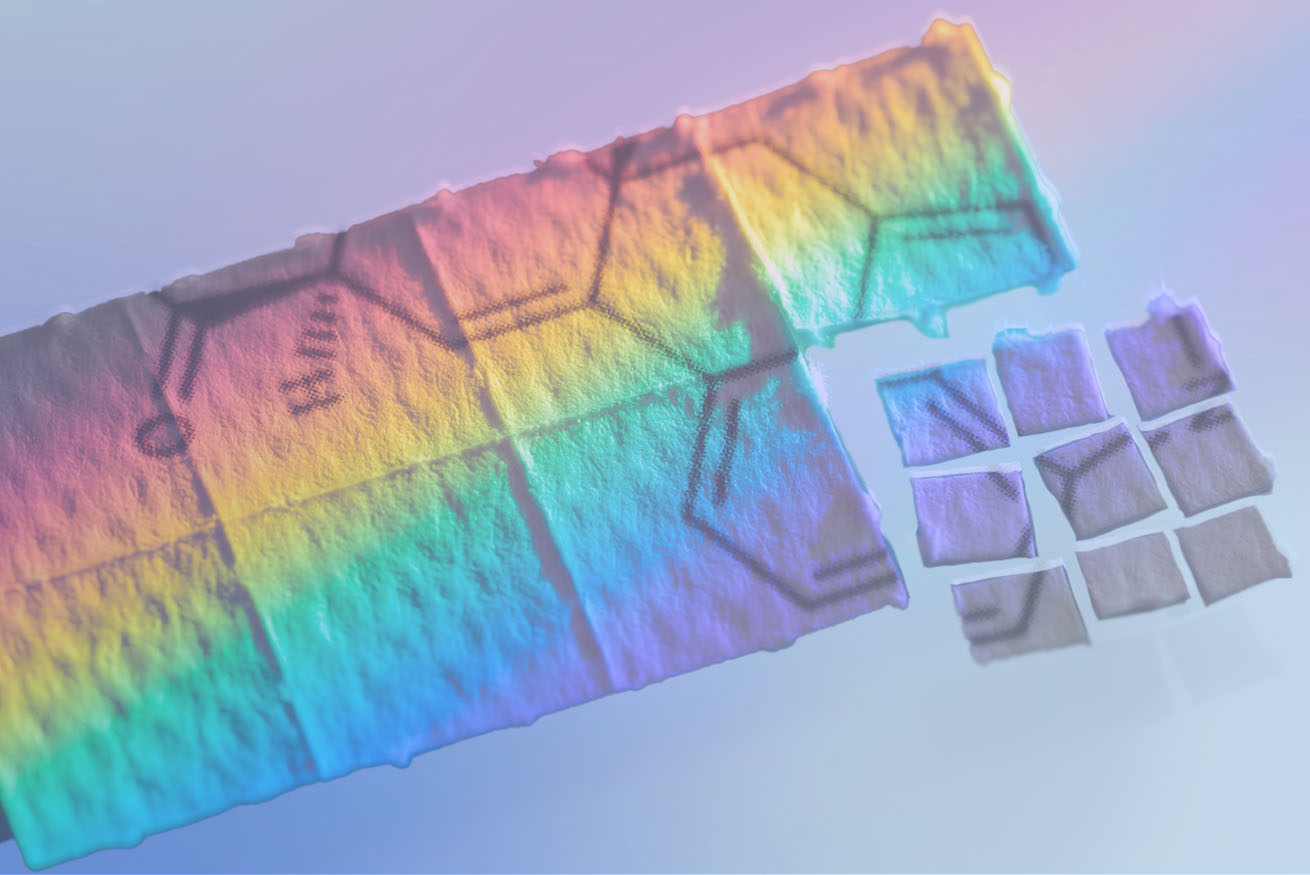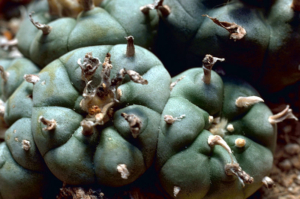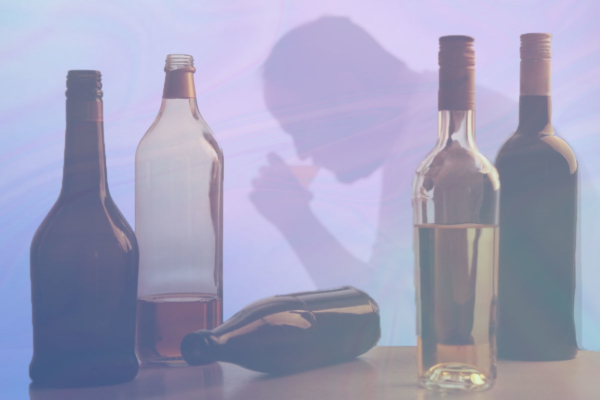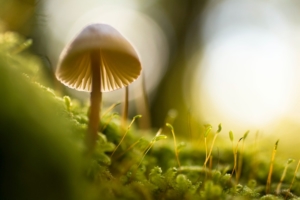
Microdosing has exploded as one of the hottest mental health trends in the last few years, but it’s still up for debate whether it is actually effective, or if users swearing by it are experiencing the placebo effect. Yet another study suggests it is likely the latter, if anything substantial at all.
Published in Addiction Biology earlier this month, a double-blind controlled study of 56 participants concluded “that within the context of a controlled setting and a limited number of administrations, repeated low doses of LSD are safe, but produce negligible changes in mood or cognition in healthy volunteers.”
Participants were randomly assigned to three groups receiving either a placebo dose, a 13 microgram dose, or a 26 microgram dose. For comparison, a macrodose for a hallucinogenic psychedelic experience would be closer to 100 micrograms.
The paper, authored by researchers Harriet de Wit, Hanna M. Molla, Anya Bershad, Michael Bremmer, and Royce Lee, states that those who received the 26 microgram dose “produced modest subjective effects including increased ratings of ‘feeling a drug effect’ and both stimulant-like and LSD-like effects, but the drug did not improve mood or affect performance on psychomotor or most emotional tasks.”
“No residual effects were detected on mood or task performance on the drug-free follow-up session,” authors add.
To come to this conclusion, researchers studied the effects of four repeated doses of LSD or placebo on mood, cognitive performance and responses to emotional tasks. Participants attended four 5-hour drug-administration sessions separated by 3–4 days, followed by a drug-free follow-up session 3–4 days after the last session.
The model was inspired by thousands of users claiming that very low doses of LSD, taken at 3–4-day intervals, improve mood and cognitive function. This contrasts a study published last year that used a mobile app to collect data from over 4,000 self-selected microdosers and another 4,000 non-microdosers. The paper published in Nature observed a correlation between “lower levels of anxiety and depression compared to non-microdosers.”
Although that study, which was supported by famed mycologist Paul Stamets, was the first to identify associations between microdosing and reduced severity of depression, anxiety, and stress among adults with reported mental health concerns, authors noted, “Carefully controlled clinical trials are required to more confidently elucidate the potential risks and benefits of psychedelic microdosing.”
Although the two studies being compared here come to different conclusions about the effectiveness of microdosing, at least they can agree on one thing: there doesn’t seem to be many risks associated with the practice, meaning that it’s at least safe, if not entirely as effective as some claim.
Previously, another microdosing study Psychedelic Spotlight covered last spring found that a participant’s belief that they were taking a microdose was more influential on positive changes in mental health measures than the microdose itself.
“Our findings confirm the anecdotal benefits of microdosing (improvements in a broad range of psychological measures); however, the results also suggest that the improvements are not due to the pharmacological action of microdosing, but are rather explained by the placebo effect,” wrote lead study author Balázs Szigeti. At the time, it was the largest placebo-controlled trial on psychedelics in modern research history, with 191 participants completing a 4-week regimen of microdosing.
To learn more about microdosing, read our Guide for Beginners in 5 Easy Steps or listen to one of our many podcasts on the subject.





